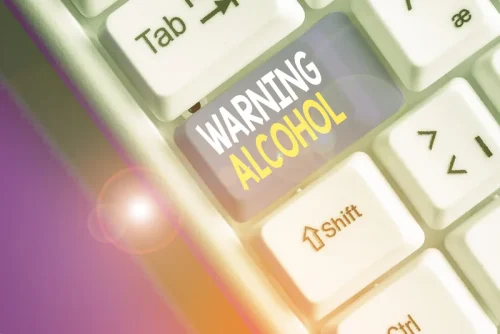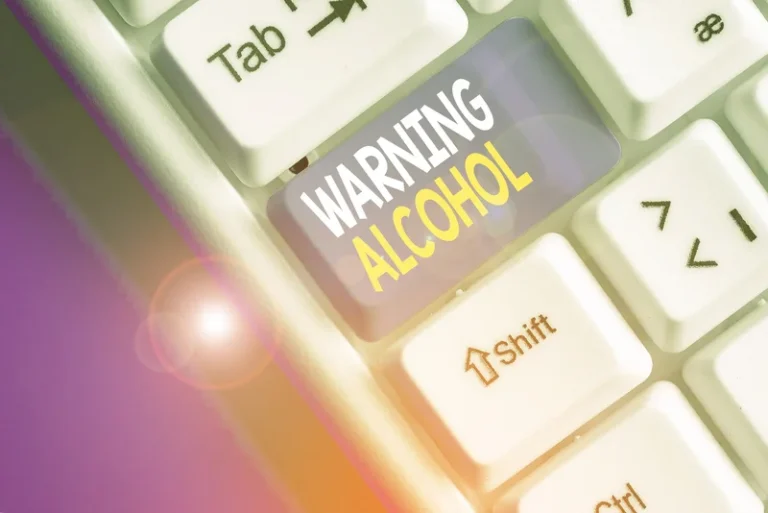Non-AA Recovery Groups: 5 Alternatives to Alcoholics Anonymous

No matter what your sobriety journey looks like, a supportive community can be crucial to sticking with it. It can help to have a trusted confidant or two with whom you can share your struggles, successes, and revelations. Soberocity’s community platform helps people find others who are interested in the same activities and discover fun ways to socialize without alcohol. Hello Sunday Morning is based in Sydney, Australia, and available worldwide.
- Except she couldn’t find help in a way that worked for her — AA wasn’t her jam and inpatient/outpatient care cost way too much.
- Recovery from alcohol addiction is challenging, and not one that should be pursued alone.
- Finding the right alcohol addiction management and recovery support system for you starts with getting information.
- Exercise can support your recovery by boosting your brain, battling the brain disorder of alcohol use disorder.
- This measure includes 9 items and was developed by Humphreys, Kaskutas and Weisner (1998) to measure the strength of an individual’s affiliation with AA.
- The support of others can be invaluable in overcoming the challenges that lie ahead.
What is behind your drinking?
The idea was to remove clients from destructive living environments that encouraged substance use and create new social support systems in treatment. Some programs created halfway houses where clients could reside after they completed residential treatment or while they attended outpatient treatment. In summary, when it comes to how to quit drinking without AA, there are many options and many effective paths. You can look for alternative groups with perspectives closer to your own.
Why Choose a 12-Step Alternative?

It provides continuous support and a safe space to transition back into society. Plus, studies show that those who participate in sober living programs have lower relapse rates and better mental health and employment prospects. We’ll delve into understanding sober living programs and their crucial role in maintaining your newfound sobriety. We also discuss detoxification’s importance and how mental health awareness plays an integral part in successfully quitting drinking. This needn’t be a cause for discouragement—oftentimes people make a complete recovery, and experience better mental health than they have in years once they quit alcohol.
Is Achieving Sobriety Possible Without Attending AA?
The groups are led by moderators and serve to getting sober without aa promote emotional and spiritual growth free from the bounds of alcohol abuse and addiction. SMART Recovery concepts help individuals to recognize that alcohol abuse can be destructive, and it creates problems emotionally, physically, socially, and behaviorally. Relapse is very common during recovery, and it does not mean that you failed.


Of course, quitting or cutting back to your ideal amount is only https://ecosoberhouse.com/article/dealing-with-peer-pressure/ the first step. Many people struggle with alcohol cravings for months or even years after quitting, and there are many pitfalls to overcome, including post-acute withdrawal syndrome. Ultimately, finding some kind of support group or coaching program can make it much easier, and much less stressful, to stay sober long-term. If you don’t want to quit alcohol completely, or have had too much trouble staying 100% sober in the past, harm reduction might be the right approach.

What Did We Learn from Our Study on Sober Living Houses and Where Do We Go from Here?
Our study found positive longitudinal outcomes for 300 individuals living in two different types of SLHs, which suggests they might be an effective option for those in need of alcohol- and drug-free housing. Improvements were noted in alcohol and drug use, arrests, psychiatric symptoms and employment. Although criminal justice referred residents had alcohol and drug use outcomes that were similar to other residents, they had a harder time finding and keeping work and had higher rearrest rates. Areas for further research include testing innovative interventions to improve criminal justice outcomes, such as Motivational Interviewing Case Management (MICM) and examining the community context of SLHs.
